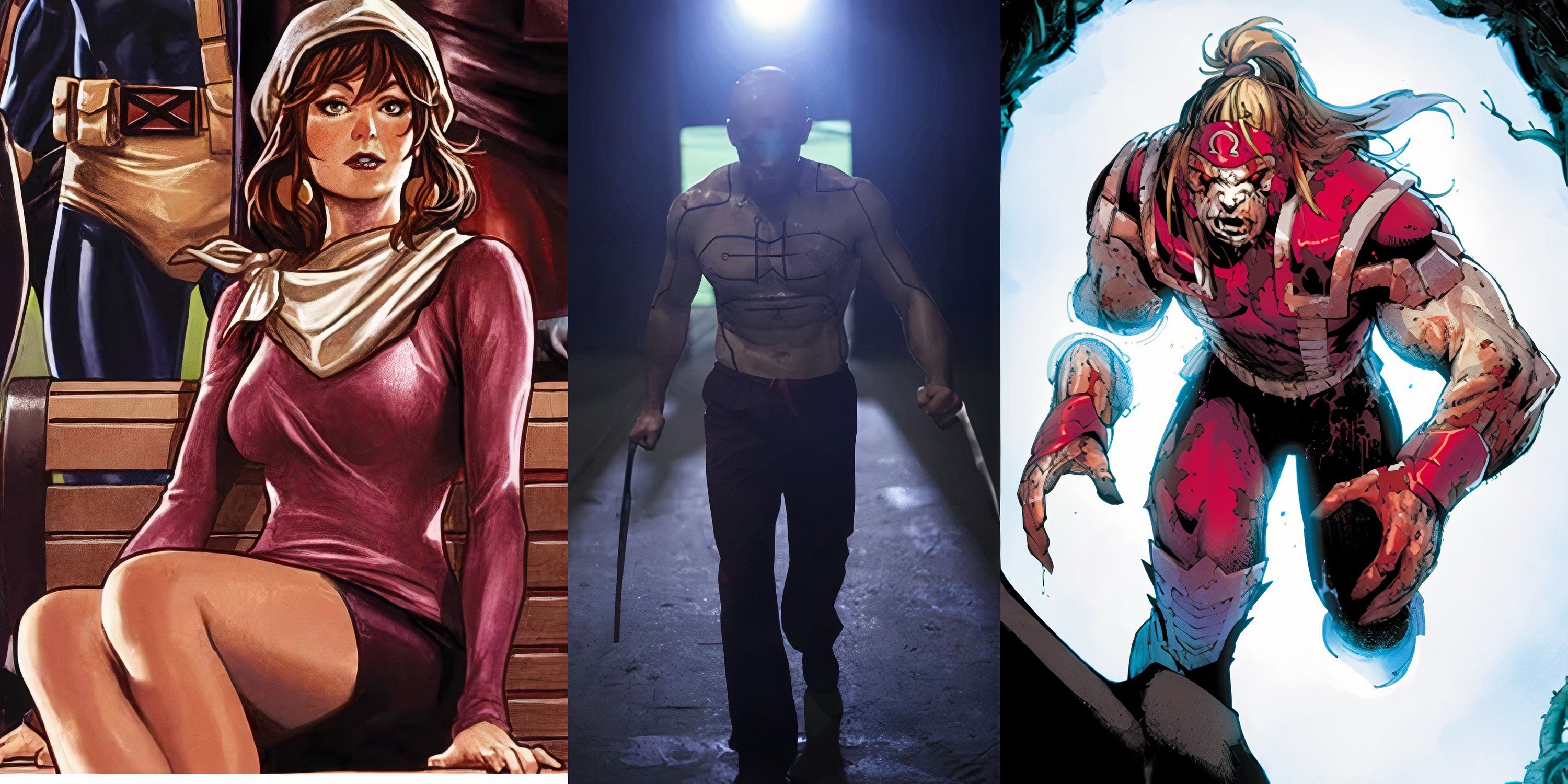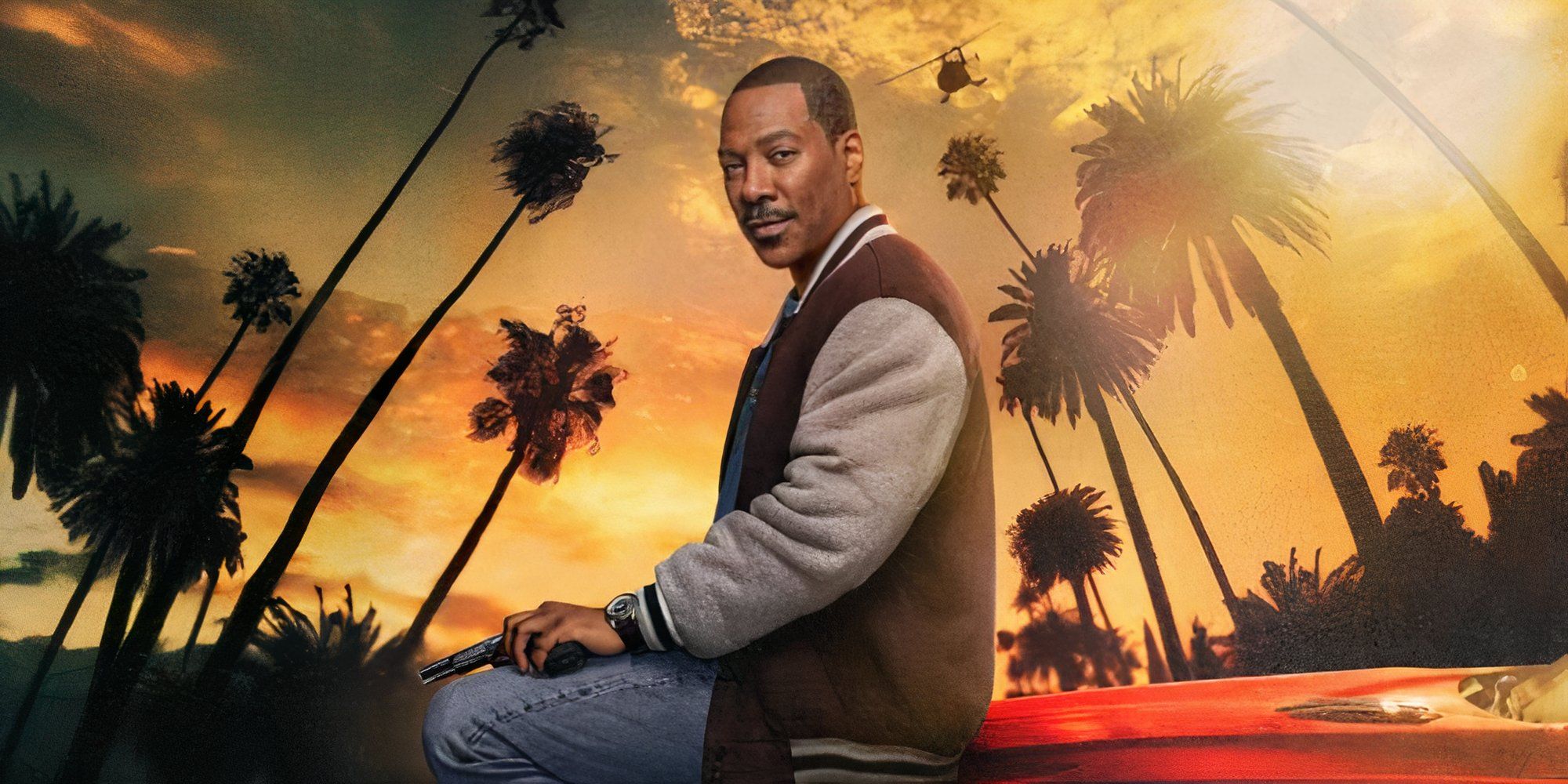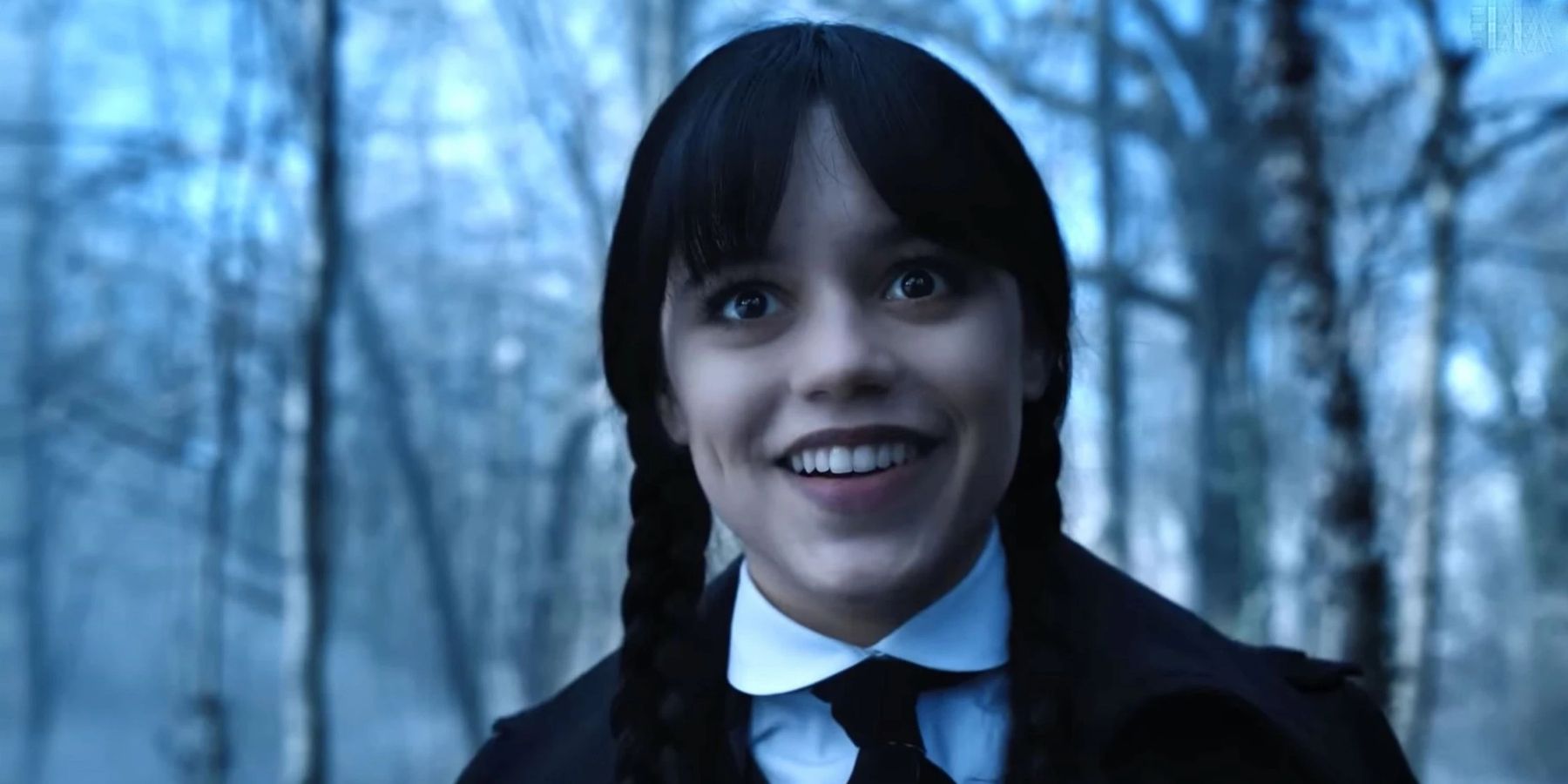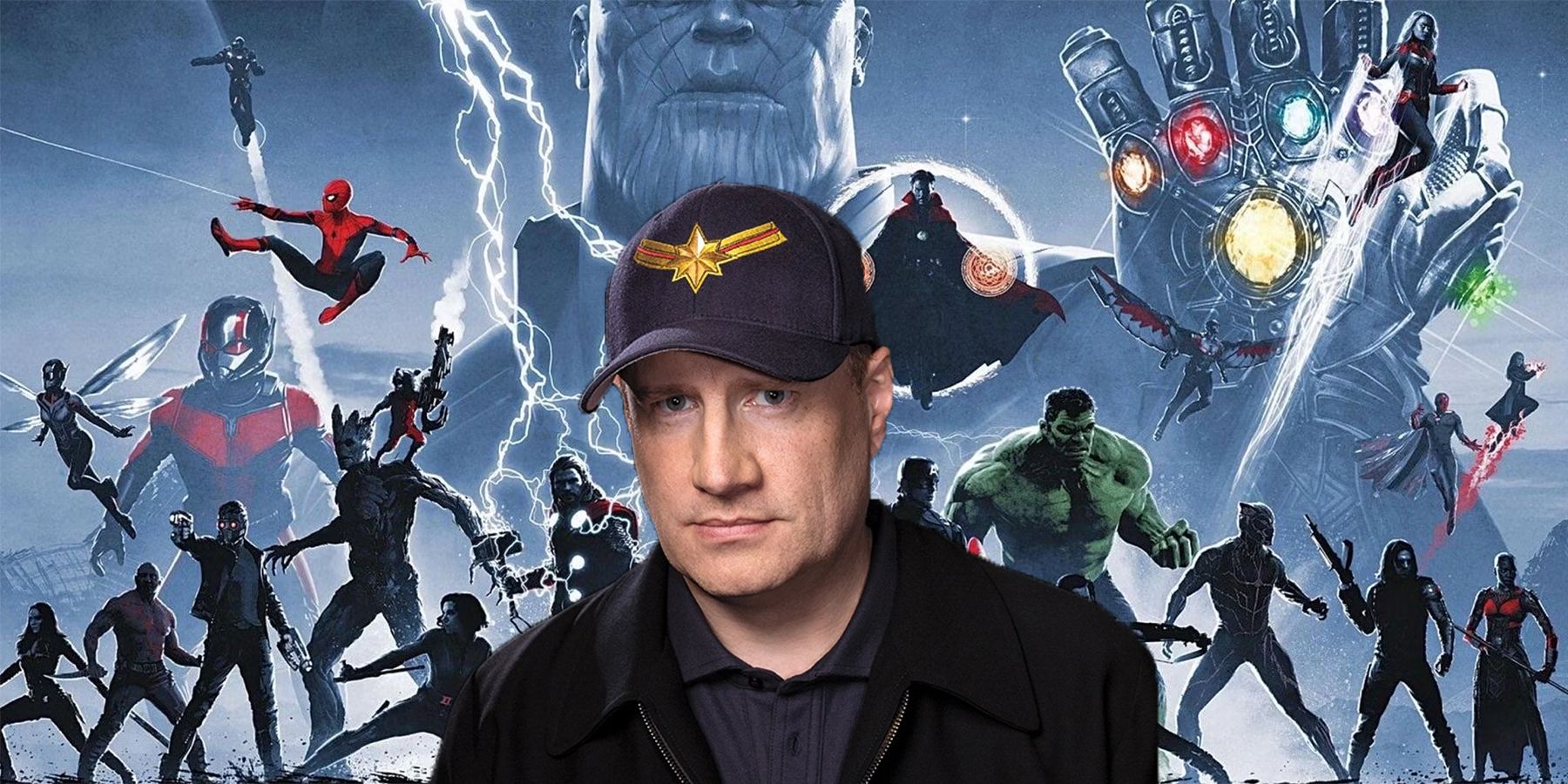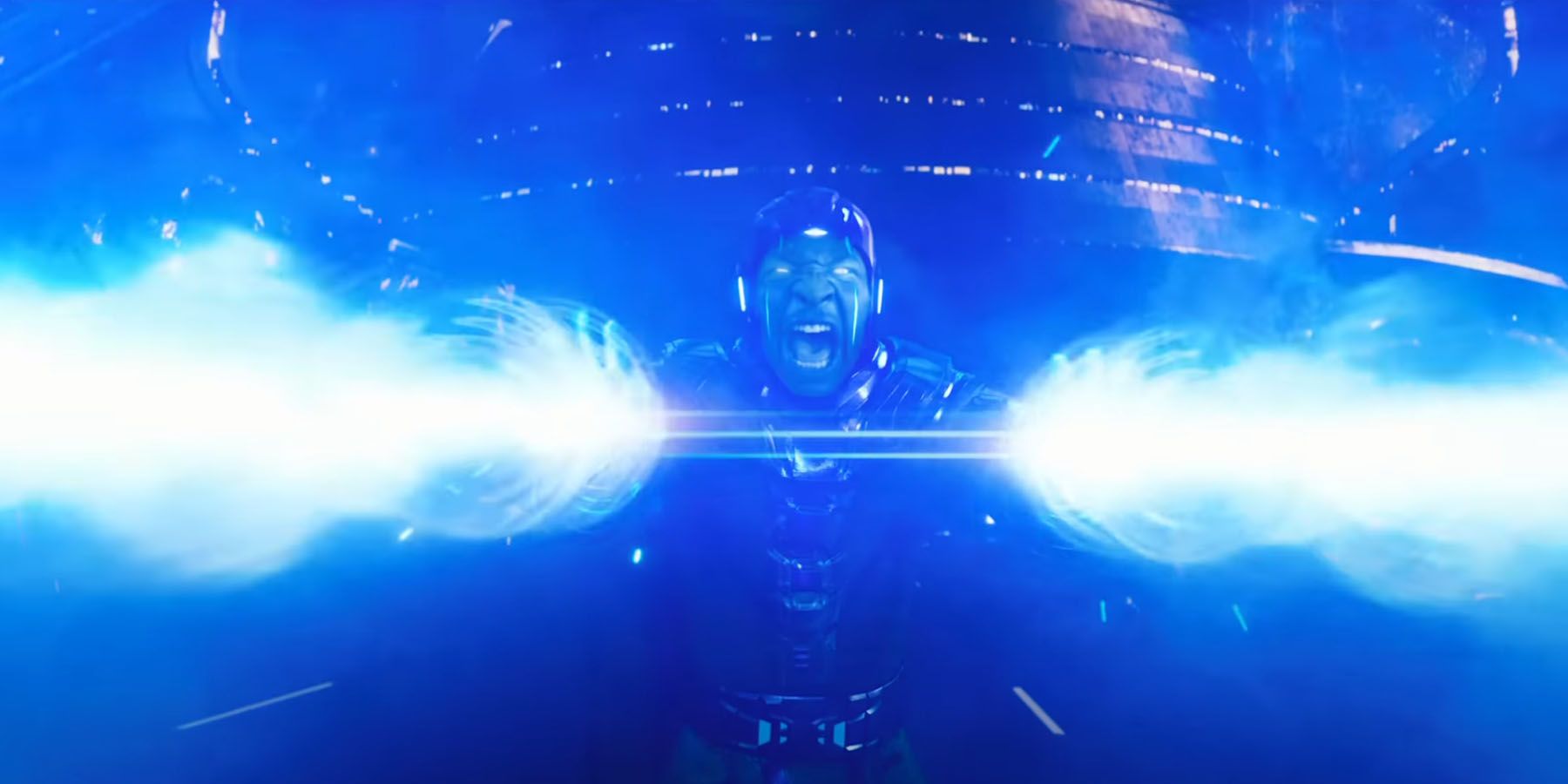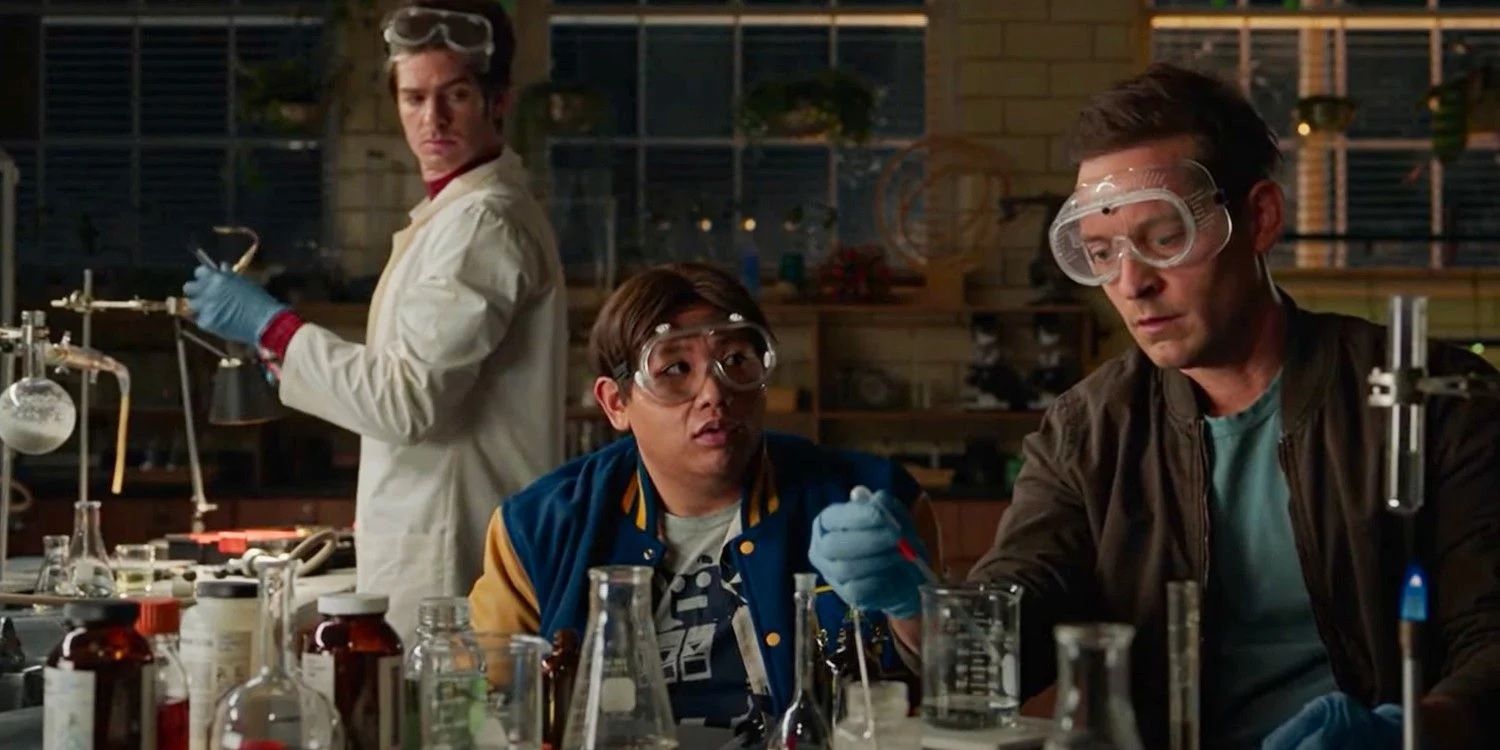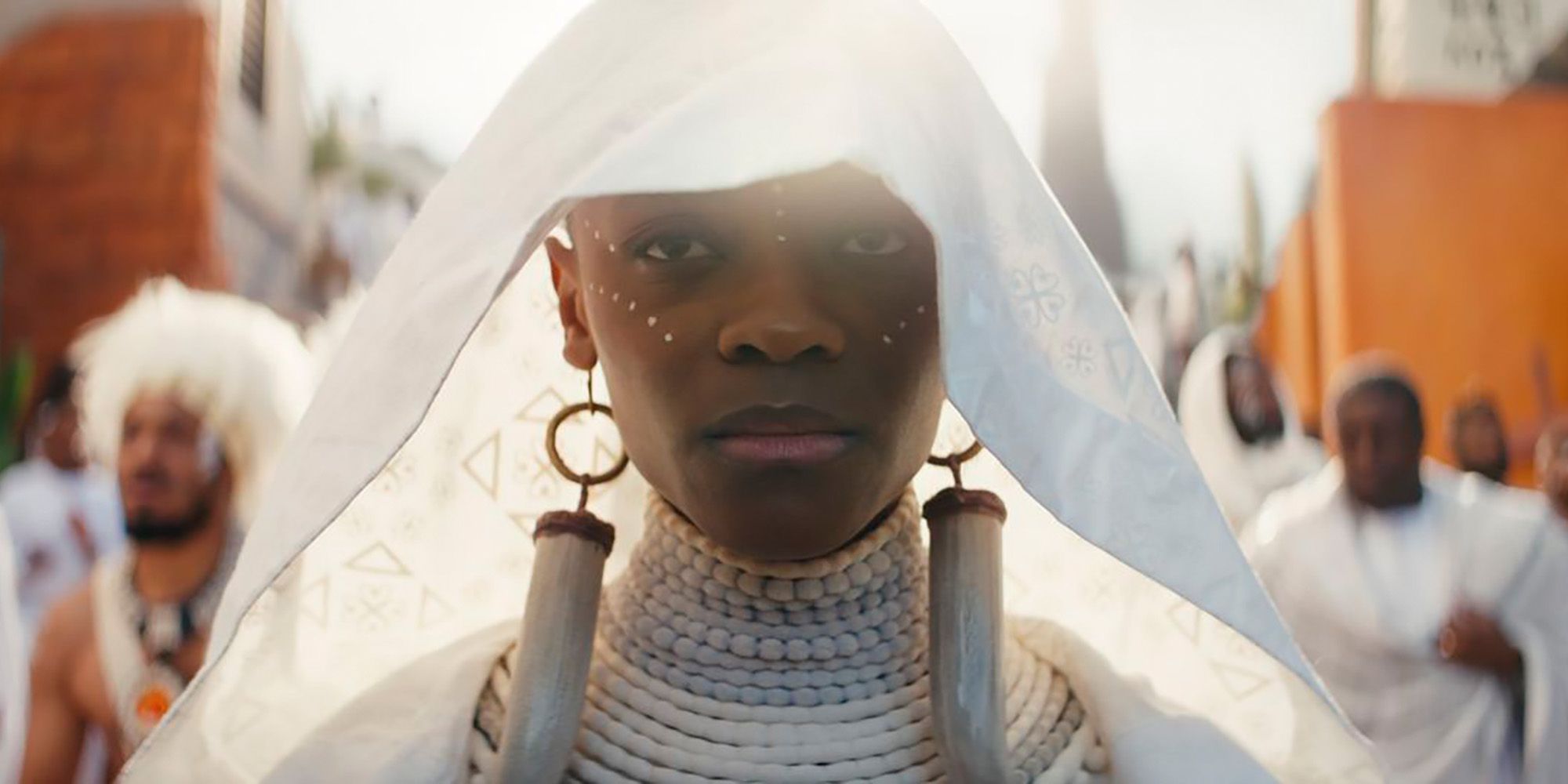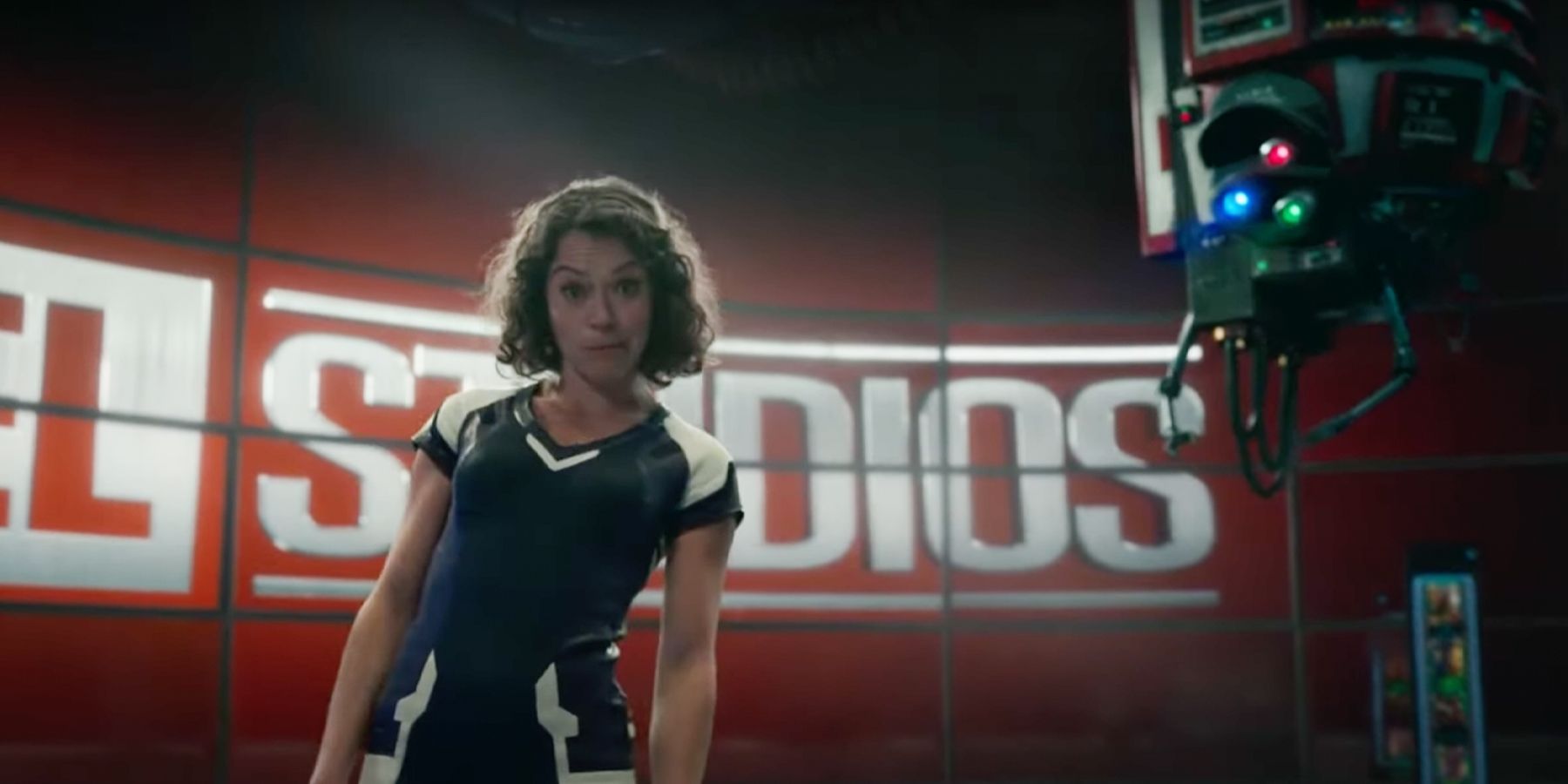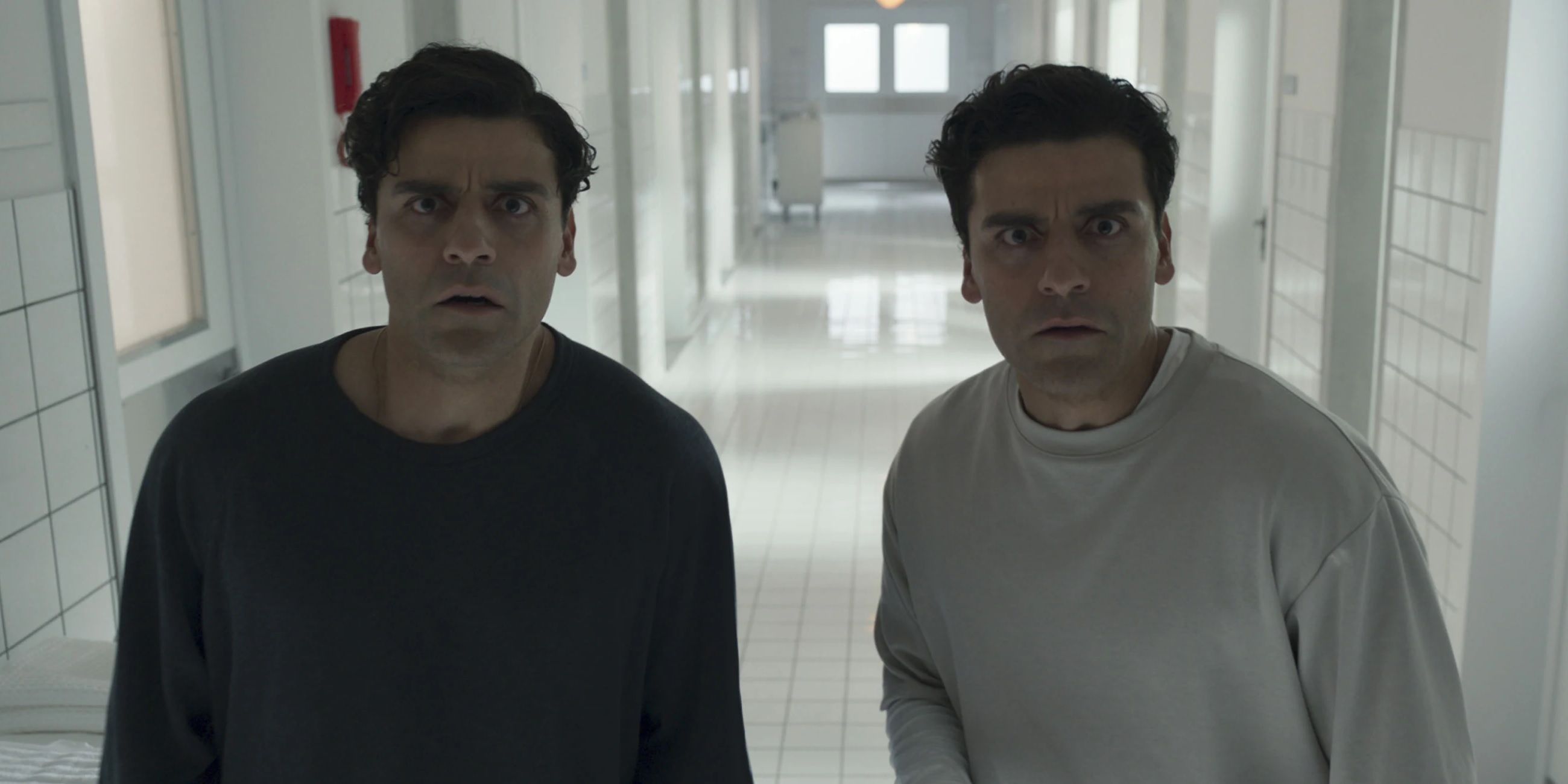The MCU’s post Avengers: Endgame era has been up and down to say the least. There’s been the highs of WandaVision and Spider-Man: No Way Home, both of which became pop culture phenomenons upon release, but also the lows of the likes of Eternals, She-Hulk, and some of the less popular Disney+ series.
Then there was Ant-Man and the Wasp: Quantumania, a film that appeared to be filled with promise but ultimately opened below expectations. At the box office, Quantumania is set to be the lowest of the trilogy, and it’s only the second MCU film to debut with a rotten score on Rotten Tomatoes. Audiences appeared disinterested and frustrated by the film, particularly with some of the mistakes that have appeared since the beginning of Phase 4 that still haven’t been fixed. Here are five mistakes that the MCU needs to avoid in Phase 5 and beyond.
Cheaping Out On Visual Effects and CGI
The visual effects and CGI have been a core part of the MCU’s storytelling right from the very beginning, and rightfully so. It would be a disservice to these characters and the story to attempt to ground the franchise in realism and avoid those visual effects, so it makes sense that Kevin Feige and co. went down that route. Unfortunately, as the MCU has continued, the visual effects have gotten significantly worse. There are constant reports of Marvel Studios underpaying visual effects artists and forcing them to work under intense time constraints, which obviously wouldn’t help the final product. Unfortunately, it’s clear to see in these movies and shows, with the design of She-Hulk as a character being a prime example of this. Going forward, the MCU needs to avoid cutting corners and properly invest in the visual effects department.
Leaning Too Hard On Comedy Relief
Another cornerstone of the MCU has been the relatively lighthearted tone across all projects and the presence of plenty of comedic relief. This helped define the early years of the franchise and made it stand apart from the more serious DC movies, but in recent years, the MCU has leaned too heavily into comedy and comedic relief, often dampening serious conversations and ruining what would have been deeply emotional moments. In many more recent projects, it feels as if after every emotional or serious moment, a character pops in with a poorly timed joke to make the scene more fun for the audience, but it actually just ends up dampening the entire scene.
Avoiding Difficult Discussions and Subject Matters
Part of the MCU’s commitment to keeping a lighthearted tone means that they have often avoided difficult discussions and more complex subject matters and themes. In the comic books, there are plenty of darker storylines that are considered more adult in nature, even for characters like Spider-Man, and it would benefit these characters and their arcs if the MCU was to fully dive into those more difficult, darker moments in order to help them grow as heroes and as people. That’s what shows like Daredevil did to such critical acclaim, but the fact that many fans are concerned about how the MCU will handle that character in particular shows this franchise’s mixed track record with difficult discussions and subject matters. The MCU shouldn’t always be so light and surface level.
Releasing Too Many Projects
One of the major themes of the post Endgame era has been the influx of content from the MCU, both in theaters and on Disney+. To a certain extent, this has always been the strength of the franchise; rather than relying on the novelty of a release like what Star Wars used to be, Marvel Studios opted to build that special feeling from within by making audiences invested in the characters and the overarching story being told.
Unfortunately, what’s happened in recent years is the collapse of the MCU’s model. The reason why cinematic universes such as this are so coveted in Hollywood is because they, if done properly, attract a certain amount of viewers to each and every single project made, thus guaranteeing a certain amount of monetary gain. Even if someone is not interested in a particular movie or show, they may watch it just to be up to date with the overarching story of the universe.
That tactic worked extremely well in the Infinity Saga, but there’s been so many projects released recently that it’s almost impossible to keep up with everything. That means that audiences are more likely to pick and choose what they watch from the MCU rather than blindly following everything being released, which could in turn mean more of an unpredictability in terms of box office intake. That’s being seen even now with Quantumania, which is making significantly less than the last MCU movie, Wakanda Forever.
This also means that it’s harder to maintain a through line and an overarching story. As phase 3 built up to the conclusion of the Thanos plot line, everything seemed to link back to that villain in one way or another. Thor: Ragnarok, for example, had its own story but the ending led right into the beginning of Infinity War. But now, with so many projects being made, it’s simply impossible to keep that sort of through line with everything. That means that some projects might lose their relevance in the eyes of the audience, who might choose to skip out on certain stories depending on how pronounced and relevant the broader plot is to the rest of the universe.
Too Many Projects Too Close Together
This last one directly relates to the releasing of too many movies and shows set in the MCU. Not only are there too many projects being released, but they are also coming out too close to one another. For example, just last year, Moon Knight ended on Disney+ just 24 hours prior to the release of Doctor Strange in the Multiverse of Madness. That plays into the overall idea that there are too many things releasing, but even if there’s the same amount of content being made going forward, it has to be spread out in a way that is more easily consumed for audiences.

